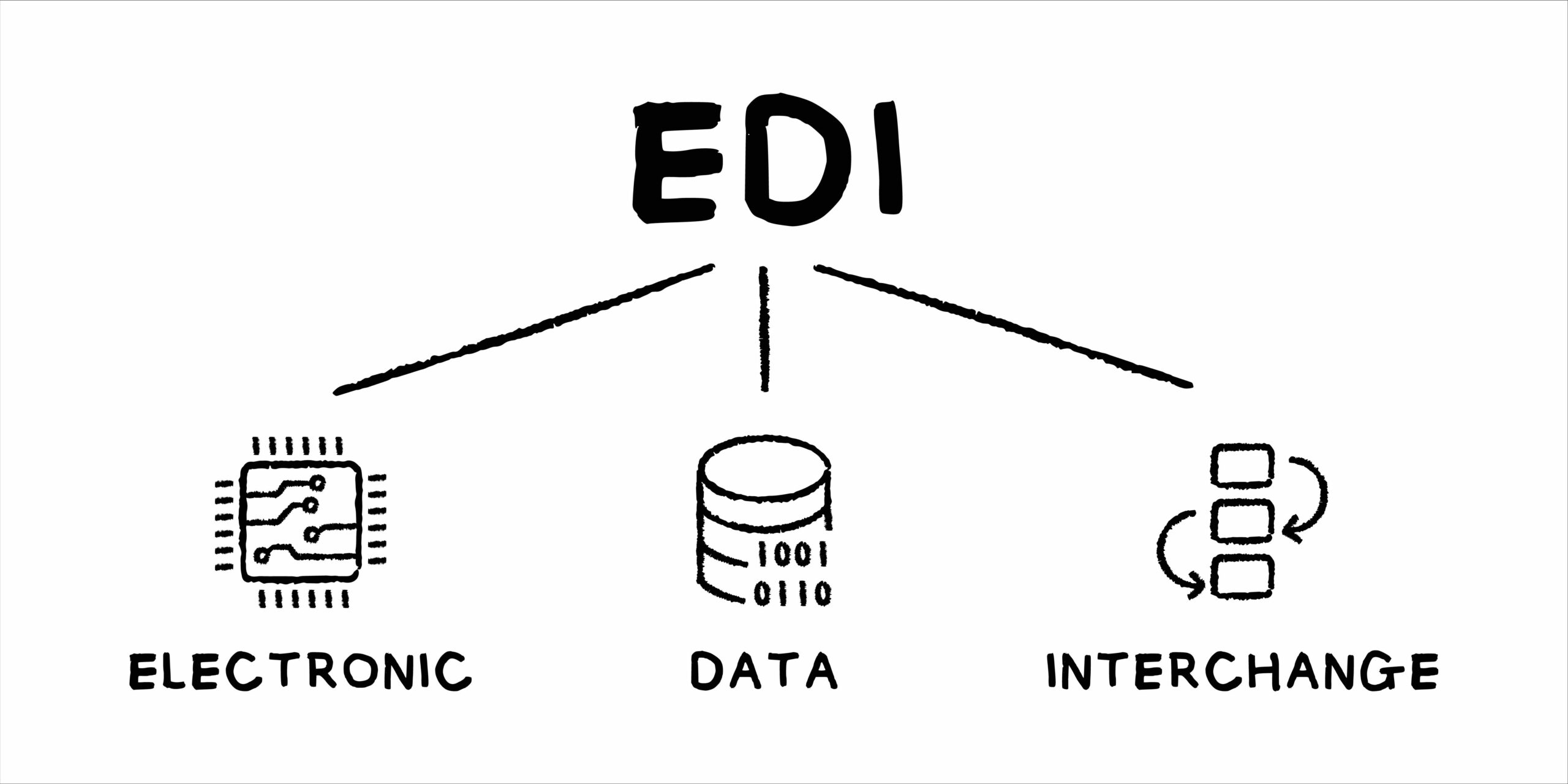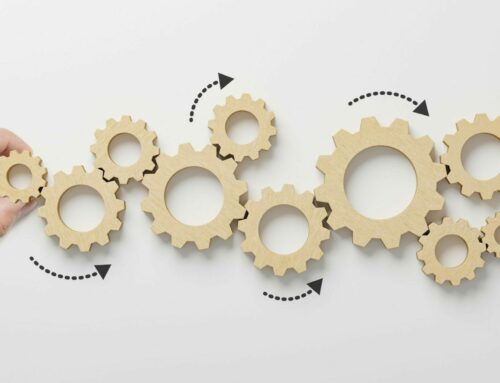B2E’s Equality Diversity & Inclusion Sponsor
Dale McNeill gives an update on our ED&I strategy and a deeper dive into two areas on our agenda: Unconscious Bias and Neurodiversity

In my last article, I explored what we really mean by ED&I, how backgrounds and biases play such an important role and how that is shaping our thoughts and ED&I agenda at B2E Consulting. In this article, I wanted to dig a little deeper into our ED&I strategy, what we have in place and some future thinking.
The goal of our ED&I strategy is to develop initiatives, policies, and programmes to promote and support equality, diversity, and inclusion within our core business. We aim to create a workplace culture where everyone is treated fairly, and where people from diverse backgrounds can feel valued, supported, and able to contribute to their fullest potential, both within B2E Consulting as well as supporting our clients. We have four core components to our ED&I Strategy; Leadership, Programme and Policy, Understanding and Empowerment:
- Committing leadership support to Diversity & Inclusion Matters – making this a business priority, committing to goals and being accountable.
- Improving understanding – within B2E, about our B2E community and our clients.
- Development of focused programmes & policies – to improve Diversity and Inclusion in all we do.
- Creating an empowering environment.
We know that an effective ED&I strategy is essential for us to be able to attract the best Consulting talent, create a culture or respect and inclusion and better meet the needs of our customers, stakeholders and communities. Our entire B2E Consulting team comes together four times a year for a whole day of business development, team building and training; our ED&I agenda plays a big part of these team days. Since my last article, we have deep dived into two key areas which have a big impact on the Consulting industry, and I would like to share some thoughts on these areas:
Unconscious Bias
Unconscious bias refers to the attitudes and stereotypes that we hold unconsciously, and that influence our behaviour and decision-making without us being aware of it. These biases are often rooted in our upbringing, socialization, and cultural background, and they can affect our perceptions of people, situations, and things, even when we consciously reject them. Unconscious bias can manifest in many forms, such as racial bias, gender bias, age bias, and other types of bias based on factors such as physical appearance, education, or socio-economic status. For example, an interviewer may unconsciously favour candidates who share their background or characteristics, or a teacher may underestimate the abilities of a student based on their race or gender.
Unconscious bias can have significant negative consequences, particularly in the workplace, where it can lead to unfair treatment, discrimination, and exclusion of certain groups. Therefore, it is important for individuals and organizations to become aware of their unconscious biases and to take steps to mitigate their effects. As a team, we undertook training and raised awareness to help our Partners recognize and challenge their biases and as a company, we have developed policies and practices that promote equality, diversity, and inclusion.
Neurodiversity
Neurodiversity refers to the diversity of the human brain and cognition, including sociability, learning, attention, mood and other mental functions; having a different social engagement style to neurotypical people can affect their ability to get a job. Stigma of neurodiversity and cognitive challenges in social situations can be barriers to a person’s ability to perform well in a traditional job interview.
Accommodating neurodiversity in the workplace requires a proactive and inclusive approach that recognizes and supports the diverse needs and strengths, including those with neurodivergent conditions such as Autism Spectrum Disorder (ASD), Attention Deficit Hyperactivity Disorder (ADHD), Dyslexia, and others. Below are some steps that we are taking to accommodate neurodiversity in the workplace:
- When discussing any new position with a B2E Community member, we ask if any reasonable adjustments are required.
- Send out clear information about the interview process well in advance, considering neurodiverse candidates may require extra time to prepare.
- Consider alternative methods such as work related tasks.
- Promote awareness and training – Reinforcement and education of our Partners about neurodiversity and its value to the workplace, as well as common neurodivergent conditions and how they can affect individuals.
- Where applicable, providing adjustments that meet the specific needs of employees with neurodivergent conditions. Examples may include flexible work schedules, noise-cancelling headphones, visual aids, and assistive technology.
- Foster a supportive work environment: Create a work environment that is supportive, inclusive, and respectful of all. Encourage open communication, respect for differences, and collaboration.
Thank you for reading this far and allowing me to share some of the awareness and education we have been doing collectively in the last period; I am already looking forward to my next article because I can see some of the excellent initiatives underway around ED&I reporting and scorecards, ‘Contextual Recruitment’ to name just a few. As a result of these initiatives within B2E, I am delighted that we have recently been placed in the top 1% of companies assessed by EcoVadis and have therefore been awarded a Platinum Medal for the 2023 EcoVadis Sustainability Assessment, with Diversity being one its key areas of focus.
I wanted to finish by just reminding ourselves again why we put such a great amount of emphasis, time and investment into this as a business. If we ignore the obvious social responsibility aspect of the topic for just a moment, countless research has shown us that a diverse and inclusive workplace can foster innovation and creativity by bringing together people with different perspectives, experiences, and skills, which can lead to more effective problem-solving and better decision-making.
I am excited for the ED&I initiatives we are driving forward at the moment and already look forward to my next update.
Dale McNeill
Partner









